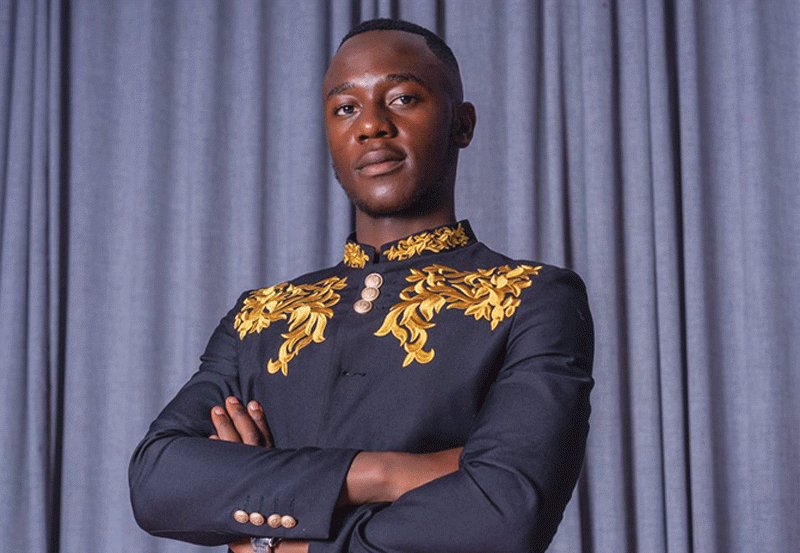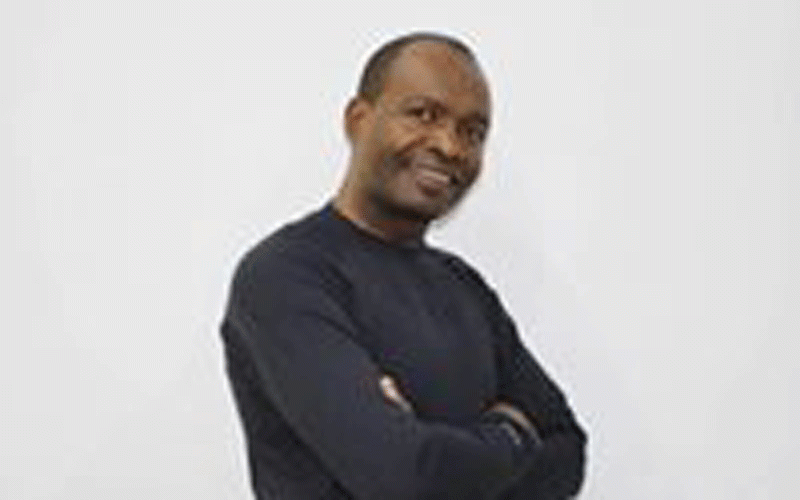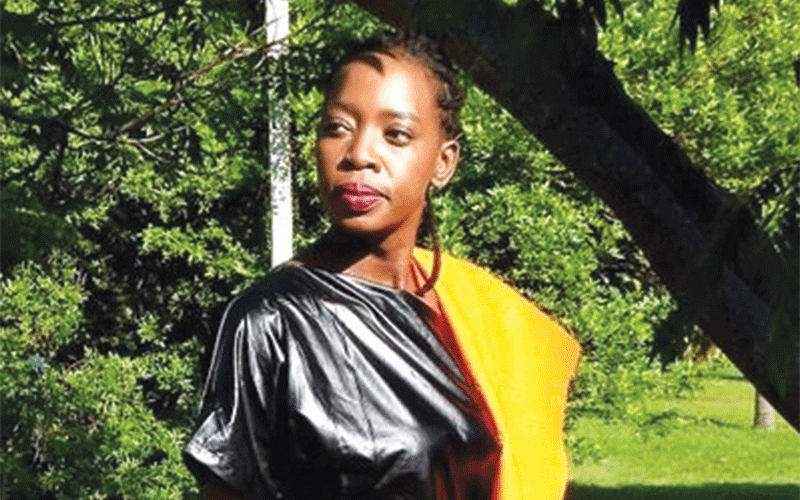
This week the Mambo family, friends and Zimbabweans from all walks of life mourn the passing of Hilton Mambo.
An accomplished musician, producer and radio presenter, he was one of the most illustrious music industry and entertainment icons of our time.
May his soul rest in eternal peace. He will forever be held dear in the nation’s collective memory.
Affectionately known as “Doctor Bhobho”, he will be remembered for his eloquence and depth as a radio presenter. He was always full of positive energy, was bubbly and had a sunny personality that brought joy to everyone he came across.
We take this opportunity to reflect on and celebrate his life and work. The last time this writer met and spoke with him was on April 16, at the Harare Jazz Festival. We shared a few moments and then he had to get back to his work of the evening.
Mambo was the DJ at the festival. True to form and typical of his wealth of experience, unique style and professionalism, he gave a sterling performance that kept the festival and the audience ticking.
Previously, on Thursday April 14, at the Harare Jazz Festival Lifetime Achievement Awards Ceremony, he was awarded a holiday to the Victoria Falls.
The award was in recognition of his life-long contribution to Zimbabwe’s music industry.
- Chamisa under fire over US$120K donation
- Mavhunga puts DeMbare into Chibuku quarterfinals
- Pension funds bet on Cabora Bassa oilfields
- Councils defy govt fire tender directive
Keep Reading
At the same ceremony, the Harare Jazz Festival also presented awards to some of the pioneers of Zimbabwean jazz.
These are music icons Lina Mattaka, Dorothy Masuka and The Cool Crooners.
This writer also had the privilege to visit and interview Mambo at his home towards the end of March this year. It was a sunny Wednesday afternoon when I arrived at the Mambo residence in the company of musician and arts manager Sam Mataure.
There was an air of love and happiness all around us.
The Mambos greeted us with so much joy that I immediately felt at home. His graceful and lovely wife, Eleanor, welcomed us and served us tea and biscuits.
We then settled down to a wide-ranging discussion which, as it turned out, was Mambo’s last published one-on-one interview (NewsDay, April 2, 2011).
Hereunder are some of the excerpts from that interview:
On his background and early influences . . .
I grew (in Mbare) up in a family that was passionate about music. My mother used to sing in church and one of my brothers used to sing in a choir and they used to perform at tea parties and concerts.
Later I stayed with my other brother in Highfield. Now this one used to play all the cool music of the time; Nat King Cole and the type.
Now when you are exposed to so much music, it sinks into your whole being and as a natural progression I became part of my first band with Clancy Mbirimi, David Ndoro and Madi in the early ’70s.
I also played with several bands in that period including Boyke Moore’s Soul and Blues Union, Michael Lanas and a 13-piece all-white band made up of students from the then University of Rhodesia.
About his signature word, Yeeaah . . . Hey, that is deep. It normally comes out after I play a particularly good piece of music that touches me to the core, man. It’s like you go deep into the music . . . and there are no words to describe really good music.
About his family . . . I am lucky to have this really cool family; I have six grandchildren and I love them to bits and there is another one on the way. Then there is my friend, my wife Eleanor; she is my best friend and I go everywhere with her.
On challenges facing Zimbabwe’s music industry . . . Piracy, musicians copying one another and lack of formal music education. Musicians should go to the Zimbabwe College of Music and learn to read and write music, compose music and structure arrangements. It drives me nuts to listen to a poorly-arranged 18-minute song with one or two chords. Government should assist by creating more music colleges in communities and employing qualified music teachers.
His view on the Zimbabwean jazz scene . . . Man, it’s vibrant, we have more acts . . . better acts and some festivals too. I would like to encourage more sponsors to come in and support jazz festivals so that we can have them in all the towns. It was wonderful when we used to travel to Mutare with Sam Mataure for the Mutare Jazz Festival in the ’90s.
On the role of musicians in African society . . . When we grew up musicians were regarded as rombes (people without direction), one had to be secretive if one was interested in being a musician.
However, today’s musicians like Oliver (Mtukudzi) have done very well, he has built a music centre, a studio and he regularly tours the world flying the national flag high.
His advice for today’s youth Education, education, education, go to school, learn to read and write music . . .
As we go through this difficult period, we urge the Mambo family to take refuge in the Lord and the fact that Hilton touched the lives of many in a positive way and left an indelible impression.
Farewell, Doctor Bhobho, you shall be sorely missed.











